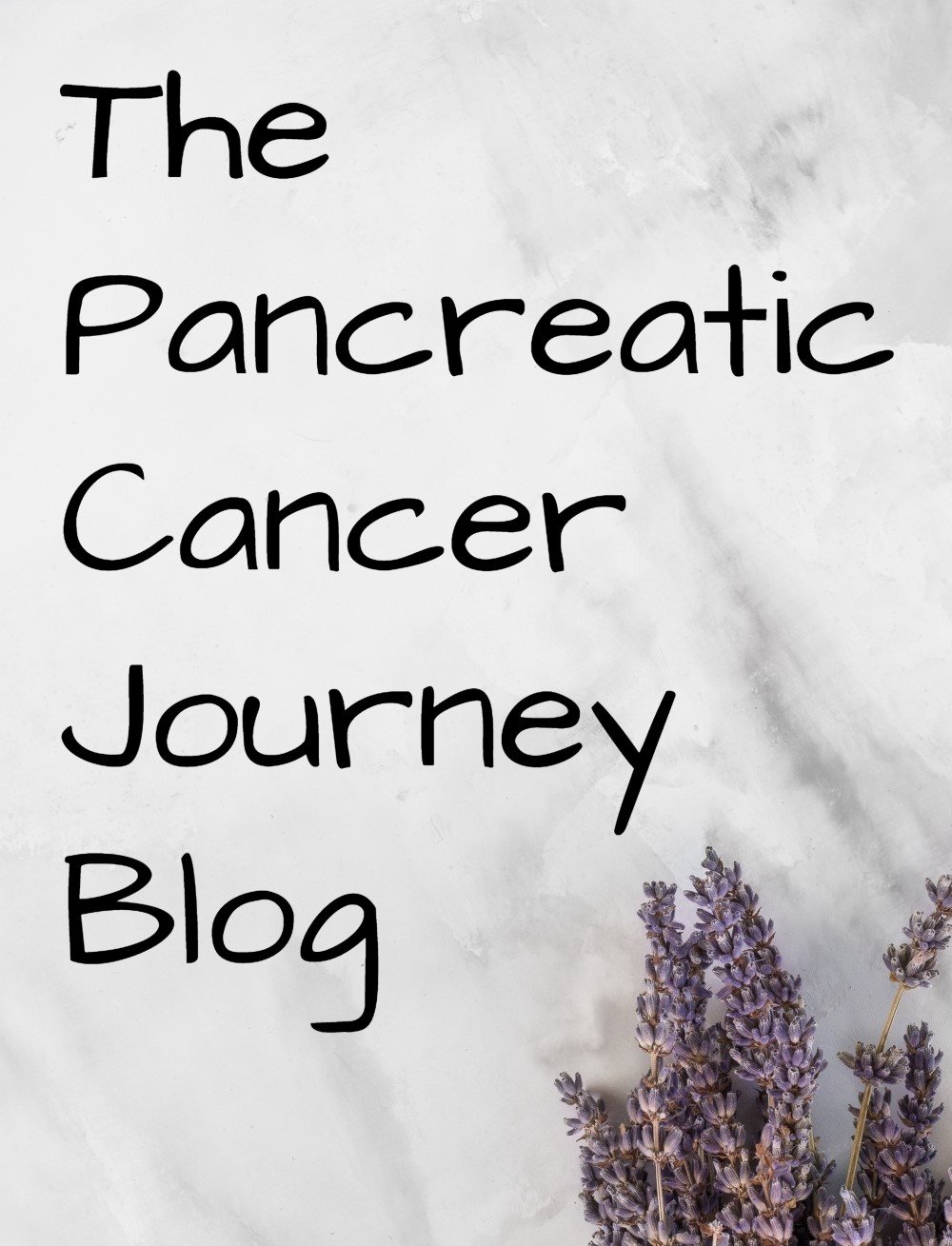Just Exactly What Is Pancreatic Cancer?
or
Pancreatic Cancer Explained
In Laymen's Terms
What is Pancreatic Cancer?
Once the shock of the diagnosis wears off, that is usually one of the first questions.
And if you're like me, you don't know a tumor from a cyst. A biliary duct from a pancreatic duct. Malignant from benign.
Well, you've come to the right place.
When mom was diagnosed with pancreatic cancer, and we were finally able to form a coherent thought, that was our first question.
Just exactly what is pancreatic cancer?
Pancreatic cancer occurs when tiny cells in the pancreas grow, divide, and spread uncontrollably. These out-of-control cells continue to grow, grouping together and forming a mass. This mass is called a growth or tumor. The tumor can be either benign or malignant.
Malignant means that the cells from this tumor can spread to other organs in the body. This is called metastasizing. On the other hand, a benign tumor is one in which the cells do not spread to distant places in the body. If a tumor is malignant, we call it a cancer. If left untreated, this malignant growth will ultimately cause death.
Pancreatic cancer means that there is a malignant tumor growing in the pancreas.
And just to make things difficult, there are basically two kinds of malignant tumors that can grow in the pancreas. One is called an adenocarcinoma and one is called a pancreatic neuroendocrine tumor. Just for the record, mom has pancreatic adenocarcinoma. But both types of malignant tumors are bad. It's just that they originate in different places in the pancreas. And that brought me to the next question.
Just exactly what is the pancreas?
Kind of going backwards, but it was the way I was thinking at the time. I had heard of the pancreas, but didn't have a clue where it was or what it did. So here's the scoop:
The pancreas is a small gland in our digestive system.
For an easy to understand picture of the pancreas click here.
The pancreas is about 6 inches long and is located in the upper right abdomen, between the stomach and the spine. The pancreas is connected to the small intestine by the pancreatic duct.
The functions of the pancreas can be divided into the following 2 categories:
1) Exocrine: The exocrine glands secrete enzymes into ducts that eventually empty into the small intestine. These enzymes then help in the digestion of food as it moves through the intestines.
2) Endocrine: The endocrine glands secrete hormones, including insulin, into the bloodstream. Insulin is carried by the blood throughout the rest of the body to assist in the process of using sugar as an energy source. Insulin also controls the levels of sugar in the blood.
So basically, the pancreas produces digestive enzymes to help us digest our food. When we eat, the enzymes are dumped into the small intestine through the pancreatic duct. The pancreas also produces insulin, which it releases through this same duct every time we eat a sugary snack. The insulin helps the body absorb and use this energy source.
The gall bladder duct also connects to the pancreatic duct and dumps bile into the small intestine every time a fatty meal is consumed. So in essence there are two ducts coming from the pancreas. The pancreatic duct and the biliary (gall bladder) duct.
Now, back to our original question: What is pancreatic cancer?
Pancreatic Cancer is a malignant tumor in the pancreas that if left untreated will spread to distant organs of the body and ultimately cause death. That's doctor-speak.
In people-speak:
PANCREATIC CANCER IS NOT OUR FRIEND.
The symptoms of pancreatic cancer make more sense now that we know where the pancreas is located and what it does.
For more information on symptoms of pancreatic cancer check this article.
Return to Pancreatic Cancer Diagnosis from What is Pancreatic Cancer Return to the Home Page from What Is Pancreatic Cancer
Copyright © PancreaticCancerJourney.com
Nothing on this website should be construed
to constitute medical advice.




